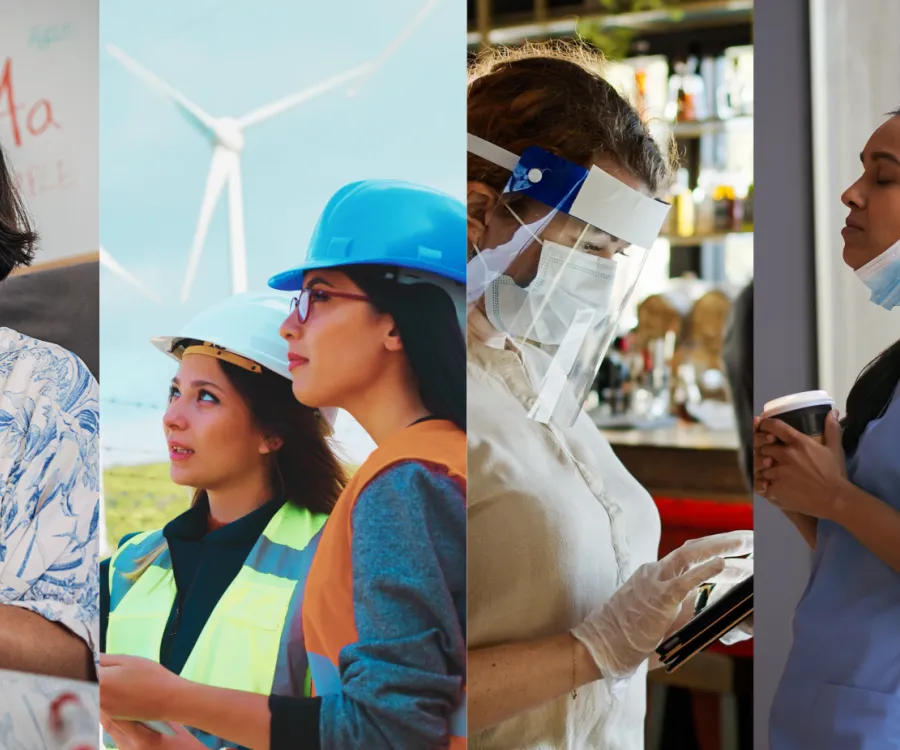About Equity at Work
The Equity at Work initiative examines how the workplace is impacted by the evolving and changing norms of the social construction of gender roles, identity, and expression. This includes discussion of current and evolving workers' rights, the workplace contexts in which they currently exist, and individual, organizational and cultural interventions that promote and expand employment issues of respect, fairness, equity and justice.
We seek to promote productive approaches to issues of diversity and equity which are fundamental to worker rights and instrumental for effective collective representation.
Lending itself to a broad-based multidisciplinary framework within the ILR School, across Cornell University and with stakeholders, the initiative contributes to effective workplace equity models.
Questions that inform our work include:
- How are unions and worker organizations responding to the changing demographics of their membership and new expressions of representational needs?
- How have workers previously not afforded workplace representation rights developed new forms of organization based on worker identities and communities?
- How have these worker organizations influenced both traditional unions and workplaces?
- How does the expansion of workplace rights impact the experience of equity and fairness in the workplace by LGBTQ and HIV-affected workers?
- What are the workplace consequences of gender-based violence such as domestic and sexual violence, stalking, street harassment, and bullying? How should unions and workplaces address and prevent such actions and thereby contribute to the discourse for social change?
- What are the interpersonal and organizational factors that influence actors in the workplace to take a stand against what they perceive to be inequities in the workplace?
- How can we partner with key worker associations and employer, government and community-based coalitions to focus on the policy, research and practical applications which link quality of care issues for consumers with issues of worker dignity and model standards of working conditions?
- How do the dynamics of the gendered nature of interpersonal relationships influence the consequences of how decision are made about work and family across regions, occupational sectors, union and non-union status, income, etc.?
Research and Publications
News about Equity at Work
Read all the latest news about Equity at WorkThe Equity in Focus series was a project that brought together experts to discuss how prioritizing gender and racial equity fosters a strong and just economy.

Contact
For more information on our Equity at Work initiative contact: equityatwork@cornell.edu.
Arianna Schindle
- Director of Training and Curriculum Design, Worker Rights and Equity, ILR Worker Institute
Arianna Schindle joins the Worker Institute as an Extension Associate for Training and Organizational Development under the Worker Rights and Equity Team.
KC Wagner
- Director of Workplace Issues at Cornell University's ILR Metro District Office in New York City.
KC Wagner is the Director of Workplace Issues at Cornell University's ILR Metro District Office in New York City.








